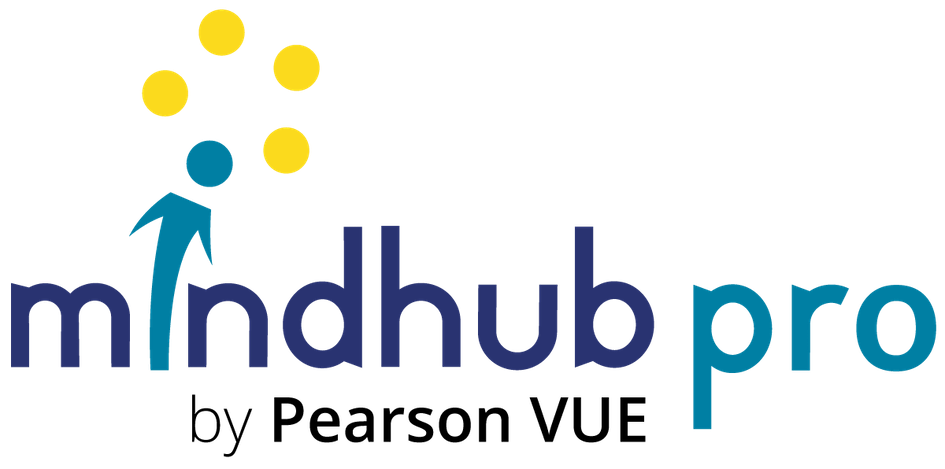
Successful organizations make it a priority to future-proof their IT and DevOps teams with ongoing professional development. In pursuit of this goal, many HR departments choose training that isn’t tied to a specific vendor or product, often referred to as “vendor-neutral" training.
This type of training and certification can be ideal for those learning fundamental skills and technologies that span across different vendors.
For many training managers and HR departments, the decision to choose vendor-neutral training seems sound: focusing on training and certification tailored to a specific technology or platform (vendor-specific) means you’ll be forced to pivot when a new technology becomes the industry standard or your company migrates to a different platform for budgetary reasons.
However, this approach to training has its drawbacks and, in many cases, is not the best choice for your IT or DevOps teams. Rather, a vendor-specific approach may be the better option.
Potential pitfalls to vendor-neutral training
There are two notable disadvantages to vendor-neutral training. The first is fairly straightforward: because it favors no one vendor or platform, vendor-neutral training tends toward a “big picture” approach that focuses on features common across most platforms and tools in that category. That means it can gloss over many of the finer details and nuances of each tool or platform. Meanwhile, training tailored to a specific vendor’s platform will take a deeper dive, and thus better prepare you to make the most of your technology investment.
The second is both easier to miss and has the potential to create much bigger headaches. The cost of software licensing for organizations is often tied to meeting Key Performance Indicators (KPIs) set by the vendor. These may include ensuring that a certain portion of your team is certified in the software or platform you’re licensing. Those team members must have the vendor-specific certification, but a vendor-neutral certification will not meet this KPI. Missing that one KPI can easily and significantly cost an organization, typically in the form of lost discounts and incentives.
This creates problems in larger organizations because, although the IT department or Project Management Office (PMO) are conversant with all of the licensing and KPI requirements, the HR team is not — and it’s HR that is tasked with planning training and certification. Because they don’t know about the existence of this KPI, a vendor-neutral training option may appear to be a better value. In reality, the money saved on that option is minor compared to the cost of missing that KPI.
The benefits of vendor-specific training for your team
While vendor-specific training can be a pretty clear win for most organizations, it also carries several benefits for individual team members. First, the most valuable certifications tend to be vendor-specific — making this option more or less a given in these situations. Additionally, vendor-specific courses (such as those focused on Microsoft Azure, AWS, Cisco products, VMware solutions, and so on) will invest more time on features and skills specific to the tools your team will be using each day. Finally, with vendor-specific training your learners complete the course with a list of actionable items in hand, rather than just general foundational knowledge of a particular area.
How to choose the best IT training
Following are three tips to keep in mind when selecting a training course for your IT or DevOps teams:
- Collaborate between departments. Choosing the best IT training starts with making sure HR directly collaborates with IT leaders and PMOs throughout the organization. This helps ensure that any vendor-related issues are top of mind and not an afterthought. The best IT training for any organization will both meet the terms of vendor licensing agreements and result in well-rounded teams with solid skills.
- Find training that incorporates hands-on practice. The best way to learn is through a combination of virtual instructor-led training or e-learning and hands-on experience. The ideal training program will include text, video, quizzes, and hands-on training labs so students can practice what they’ve learned in a simulated environment.
- Determine and communicate the commitment you expect from employees. Do you expect employees to complete their training in a certain time period? And to earn a certification after training? It’s important to highlight the desired goals and outcomes of the training for your team members. Choose courses and training that give your teams the support and flexibility they need to meet these goals without undue stress.
Ready to get started? Consider exploring Pearson CertPREP, a flexible, all-in-one IT training solution with a wide range of offerings — dozens of titles, covering all of the most popular and in-demand platforms, technologies, and certifications.
Looking for IT training and learning solutions to upskill your existing team or attract new pros?
Explore our catalog of IT certification prep materials, including courseware, practice tests, certification exam vouchers and more.




